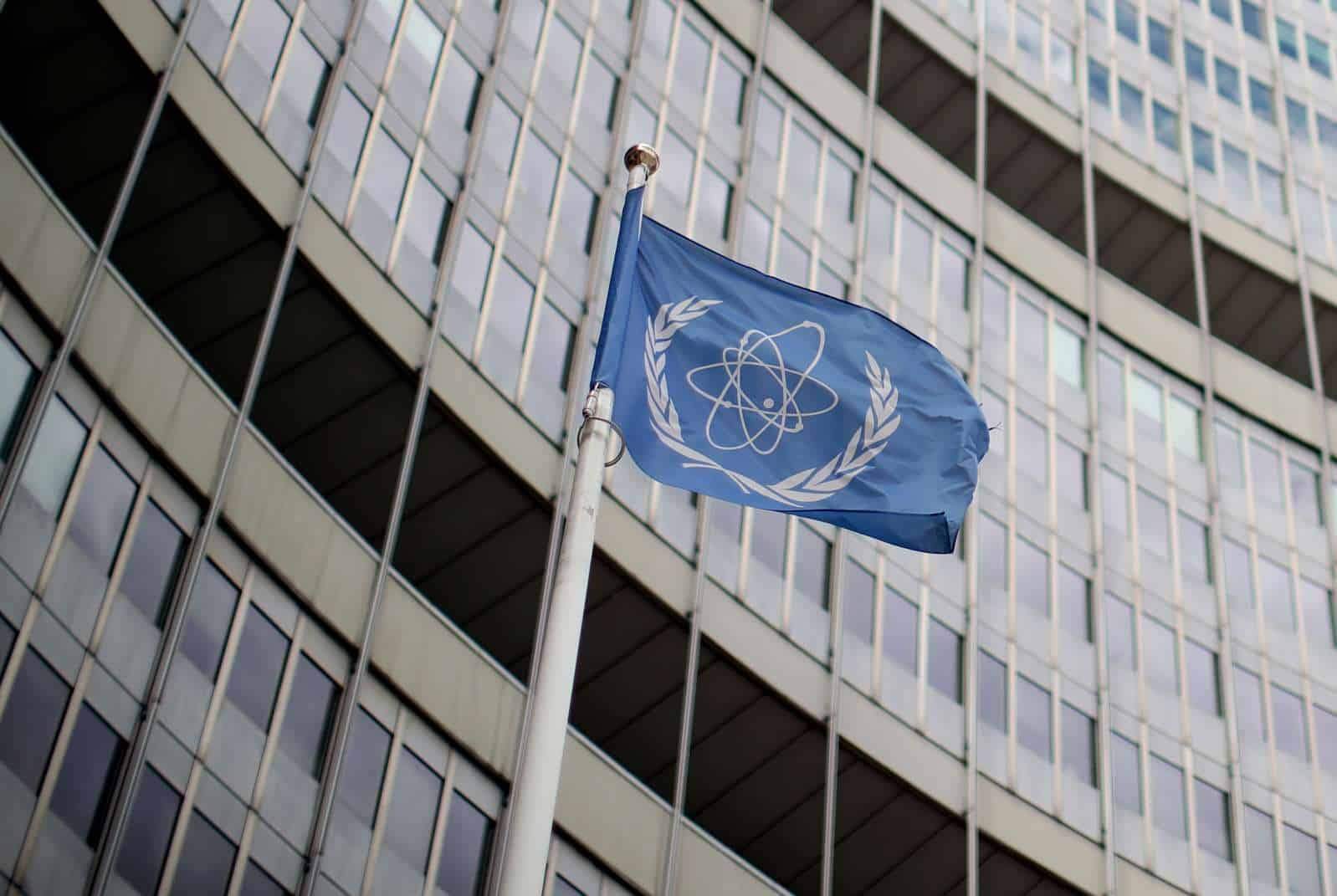U.S. gives details on Iran sites under scrutiny of U.N. nuclear watchdog

One of the three sites in Iran about which the U.N. nuclear watchdog says it has raised questions that Tehran has failed to answer may have hosted uranium metal, the United States said on Wednesday, providing new details on the locations.
The International Atomic Energy Agency policing Iran's troubled nuclear deal with major powers rebuked Tehran last week for failing to reply to its questions about nuclear activities dating back to the early 2000s at three sites and for denying its inspectors access to two of them.
Uranium metal has long been an issue of interest to the IAEA in investigating Iran's past work. In 2005 Iran handed the IAEA a 15-page document given to it by a nuclear black market network showing how to make two uranium metal half-spheres like those that often make up the core of an atomic bomb.
"Iran has refused to address the agency's questions regarding possible undeclared natural uranium at a location that has been heavily sanitized," the United States said in a statement to the IAEA's quarterly 35-nation Board of Governors meeting, using a term that often refers to construction or demolition work aimed at removing traces of nuclear material.
"In the agency's assessment, the nuclear material in question may potentially be uranium metal," the U.S. statement said. The special IAEA report to the board made no mention of uranium metal, though the reference to natural uranium indicates that the uranium was not enriched for use as nuclear fuel.
Iran has long maintained that it did not ask for the uranium metal document given to it by the network that help it set up a secret uranium enrichment program exposed in the early 2000s. During its years-long investigation of Iran, the IAEA sought to find out to what extent Iran worked on uranium metal.
U.S. intelligence agencies and the IAEA believe Iran had a secret nuclear weapons program that it halted in 2003. While Iran's 2015 deal with major powers largely drew a line under its past nuclear activity, the IAEA must also account for all nuclear material in Iran regardless of when it was produced.
"Any refusal to cooperate with the IAEA on questions of possible undeclared nuclear material would be of serious proliferation concern," said the statement by the United States, which exited the deal in 2018 and reimposed sanctions on Iran.
"But given the potential for use of uranium metal in nuclear weapons research and development activities, the presence of even small quantities of undeclared uranium metal in Iran today would raise even more worrying questions," it added.
One of the two sites the IAEA sought to inspect and was denied access to could have hosted "activities potentially related to uranium conversion", a process that precedes enrichment in the fuel cycle, the U.S. statement said.
When asked about the U.S. allegations, Iran's ambassador to the IAEA, Kazem Gharibabadi, said that reports on such issues are confidential. "Iran ... is not going into detail on the confidential issues," he said.
The Islamic Republic denies ever seeking nuclear weapons.
Photo: © Reuters/LISI NIESNER FILE PHOTO: A flag with the logo of the International Atomic Energy Agency flutters in front of their headquarters in Vienna











